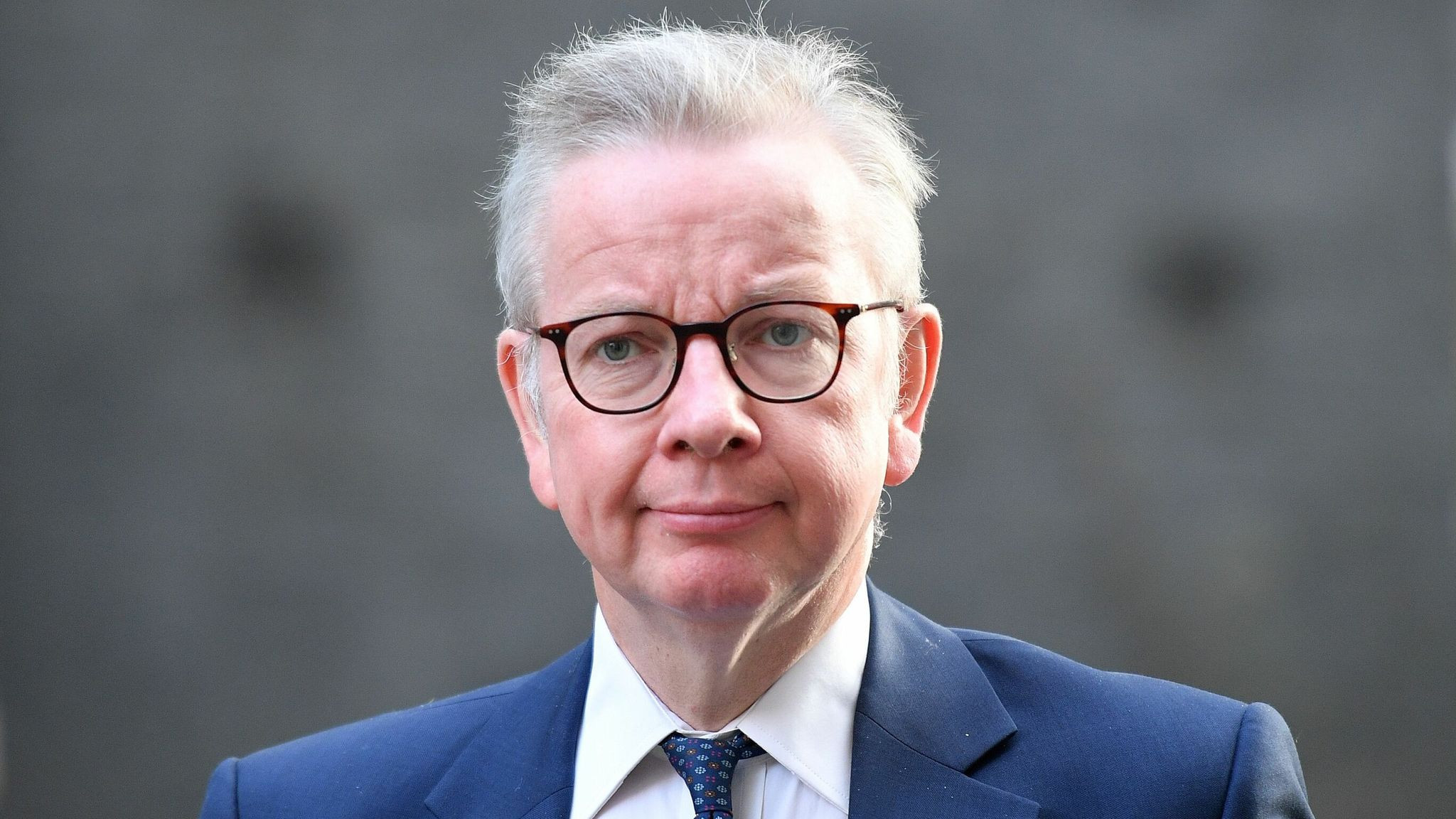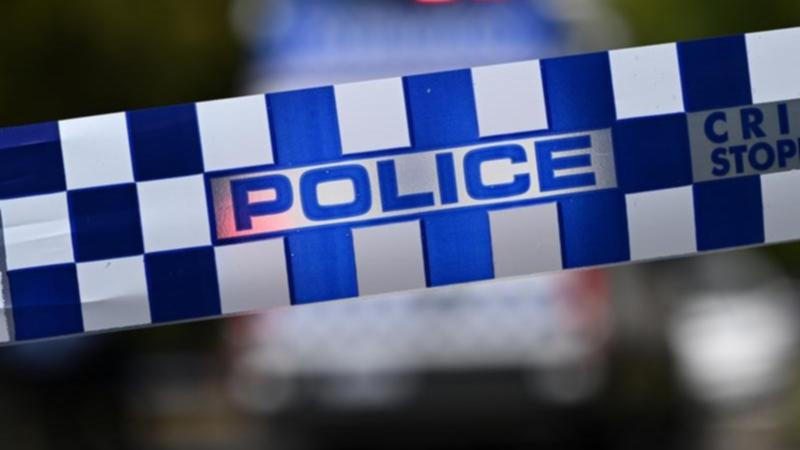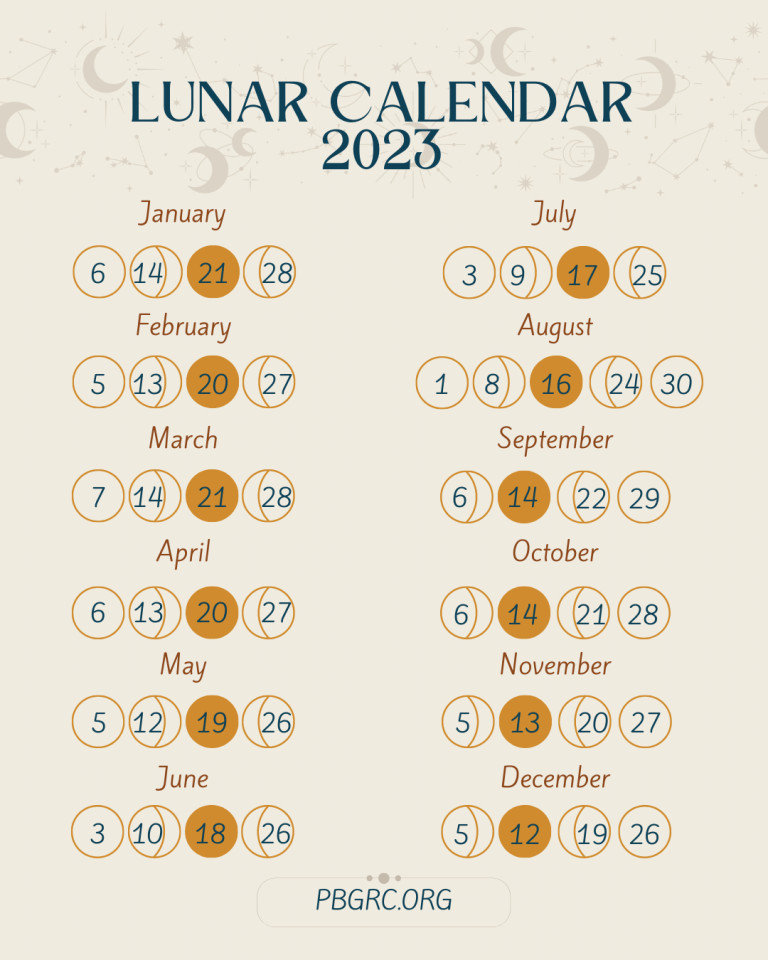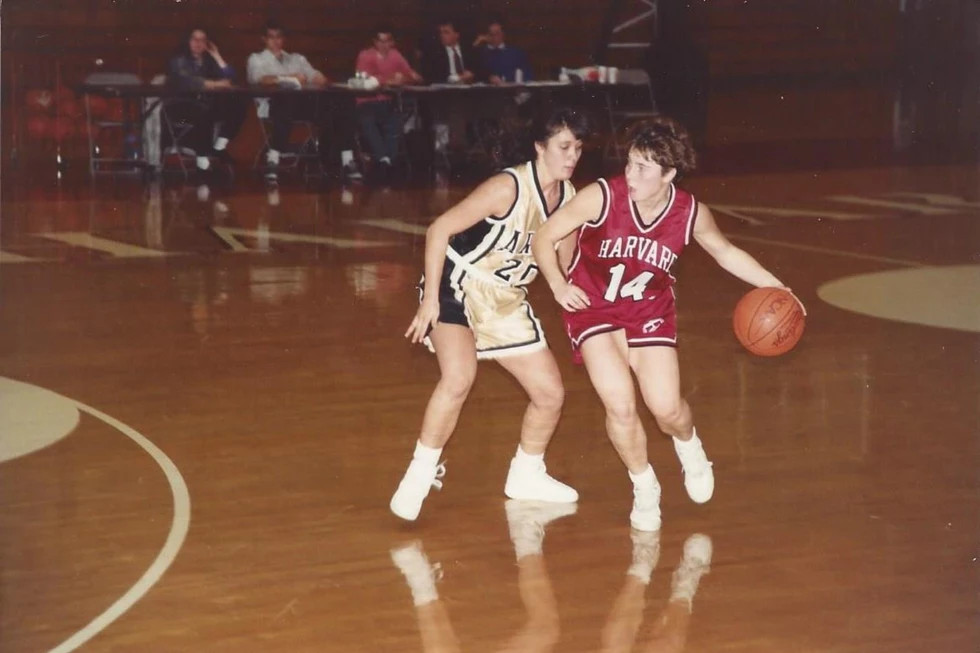Former cabinet minister Michael Gove has been named as the new editor of the Spectator magazine, weeks after the GB News backer Paul Marshall completed a £100m takeover of the rightwing magazine.
Gove, who will take over from Fraser Nelson on 4 October, will be joined by the former Daily Telegraph and Spectator editor Charles Moore, who has been named as chair.
Gove, 57, who stepped down from parliament at the general election, served in the governments of David Cameron, Theresa May, Boris Johnson and Rishi Sunak.
He will take up the role after final approval from Acoba, the Advisory Committee on Business Appointments, which must approve any job taken by an ex-minister within two years of leaving government.
Allies expect Gove to pass that process, but do not know how long it might take.
A Return to Journalism
Gove's appointment marks a return to journalism after 17 years as a member of parliament. He has worked at the Daily Telegraph, The Press and Journal in Aberdeen and was an assistant editor at the Times. He also spent some time in the 1990s working for the BBC and Channel 4.
Gove's transition from politics to editor has proved a fairly common route over the years. In 2017, former chancellor George Osborne was the surprise hire as editor of the Evening Standard by proprietor Evgeny Lebedev. However, he only lasted three years in the role.
A Potent Combination
The Spectator is a right-leaning magazine that has long been associated with the Conservative Party. Former Prime Minister Boris Johnson edited the Spectator between 1999 and 2005. The magazine has been a platform for conservative thought and debate, and its editors often go on to play a significant role in the Conservative Party.
Nelson, in a Spectator editorial announcing the move, said of Gove: “He might have taken a circuitous route but his experience, combined with his journalistic skills and the quality of The Spectator team around him, will make for quite a potent combination.”
Nelson will continue to write for the magazine and become associate editor. Gove's appointment is technically dependent on the U.K.'s Advisory Committee on Business Appointments, a watchdog which advises former ministers on roles they take up after leaving public office. Gove will be taking the role during a period of significant change for the Conservative Party. The party is preparing to elect its next leader after the resignation of Rishi Sunak in July.
A New Chapter for The Spectator
The Spectator was acquired by GB News co-owner Paul Marshall earlier this month. The hedge fund tycoon paid £100 million for the title. Marshall has promised that the magazine will remain separate, with independent editorial and governance structures, including the formation of a new board likely to include Conservative politicians. Marshall chairs the holding company but does not have a management position or sit on the board.
The Spectator has been a successful publication for many years, but the appointment of Gove as editor marks a new chapter in its history. Gove is a controversial figure, but he is also a talented journalist. His appointment is a sign of the changing times in British politics, and it will be interesting to see how he shapes the magazine in the years to come.
Gove's appointment has been met with mixed reactions. Some have welcomed the appointment, arguing that Gove is a talented journalist with a deep understanding of British politics. Others have expressed concern that Gove's appointment will further polarize the British media landscape. Only time will tell how Gove's tenure as editor will play out.

















